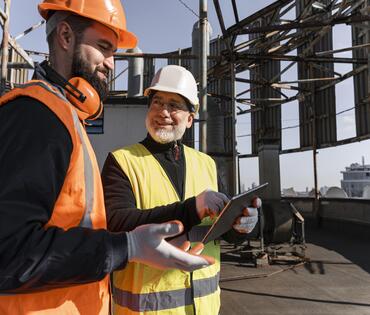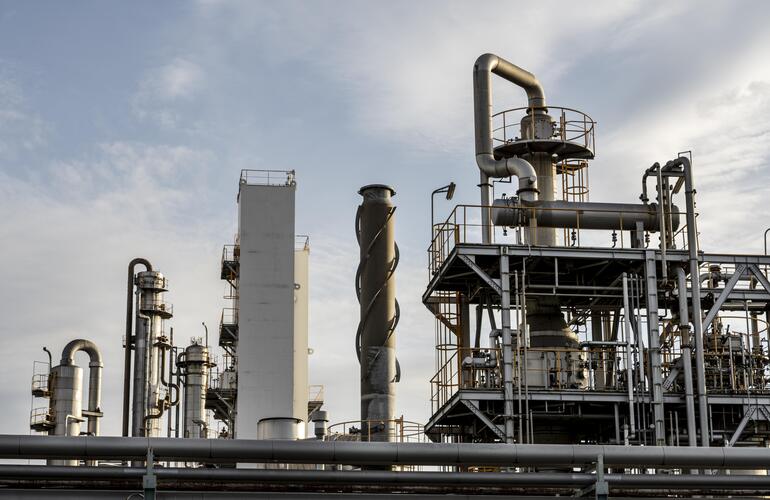Petroleum Instrumentation Engineering is a specialized branch of engineering focused on the design, installation, maintenance, and calibration of instrumentation and control systems used in the oil and gas industry.
Petroleum Instrumentation Engineering
Petroleum Instrumentation Engineering is a specialized branch of engineering focused on the design, installation, maintenance, and calibration of instrumentation and control systems used in the oil and gas industry.Core Objectives:
Measure and control pressure, temperature, flow, and level in petroleum operations. Ensure real-time monitoring and control of oil and gas exploration, drilling, refining, and transportation. Integrate automation systems (like SCADA, PLC, and DCS) to manage complex industrial operations.
Key Components & Functions:
-
Process Measurement Instruments:
Pressure Transmitters, Thermocouples/RTDs (Temperature sensors) Flow Meters (Orifice, Coriolis, Ultrasonic, etc.) Level Sensors (Radar, Ultrasonic, Float-type) Gas Detectors (for H?S, CH?, etc.)
-
Control Systems:
Distributed Control Systems (DCS) Programmable Logic Controllers (PLC) Supervisory Control and Data Acquisition (SCADA) systems Emergency Shutdown Systems (ESD) and Safety Instrumented Systems (SIS)
-
Signal Transmission:
Analog (4�20 mA), Digital (HART, Profibus, Modbus) Wireless instrumentation (IoT-based solutions)


